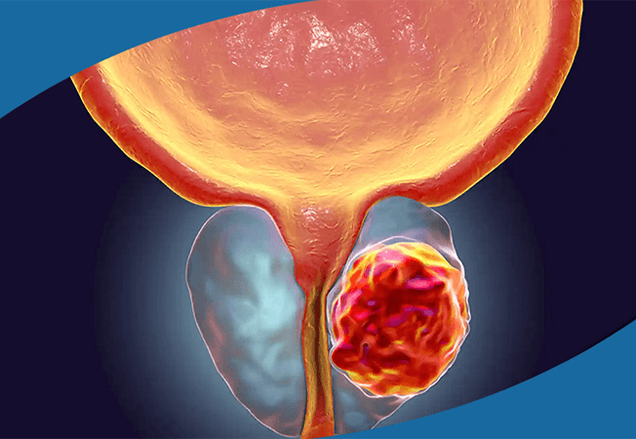
Urethral stricture is a condition characterized by narrowing of the urethra, the tube that carries urine from the bladder out of the body. This narrowing can obstruct the flow of urine, leading to various urinary symptoms and complications. Urethral strictures can occur anywhere along the length of the urethra, from the bladder outlet to the external urinary meatus. Diagnosis of urethral stricture typically involves a combination of medical history review, physical examination, and diagnostic tests such as urethral imaging , urethroscopy , or urodynamic studies to assess bladder function. Treatment options for urethral stricture depend on the severity, location, and cause of the narrowing. Mild strictures may be managed with conservative measures such as urethral dilation or urethrotomy , while more severe strictures may require surgical intervention such as urethroplasty or placement of urethral stents.